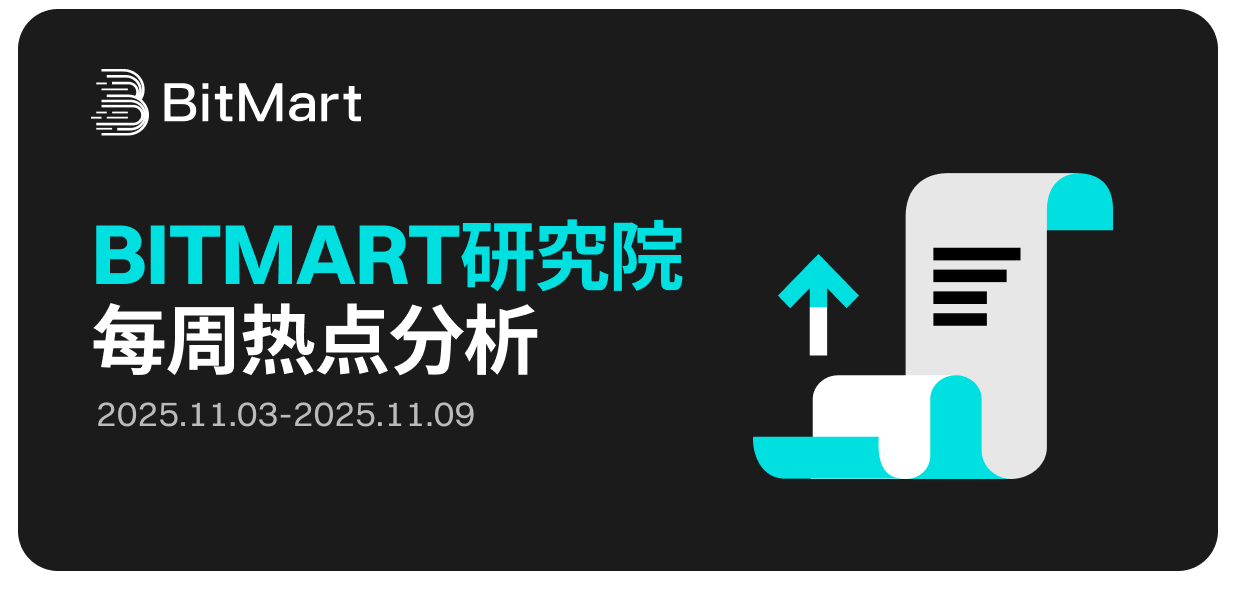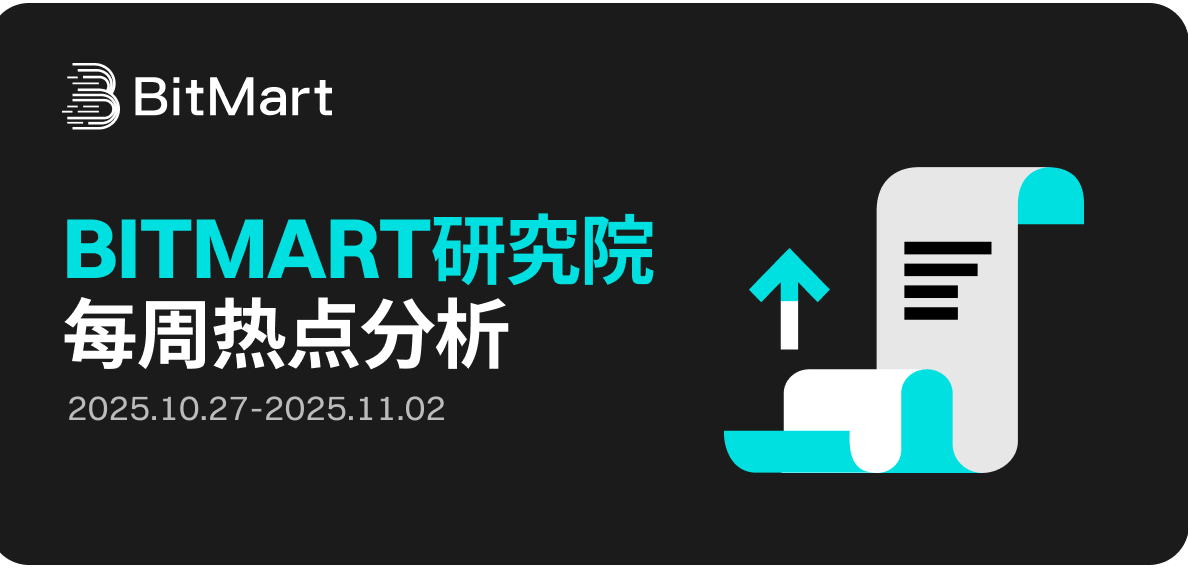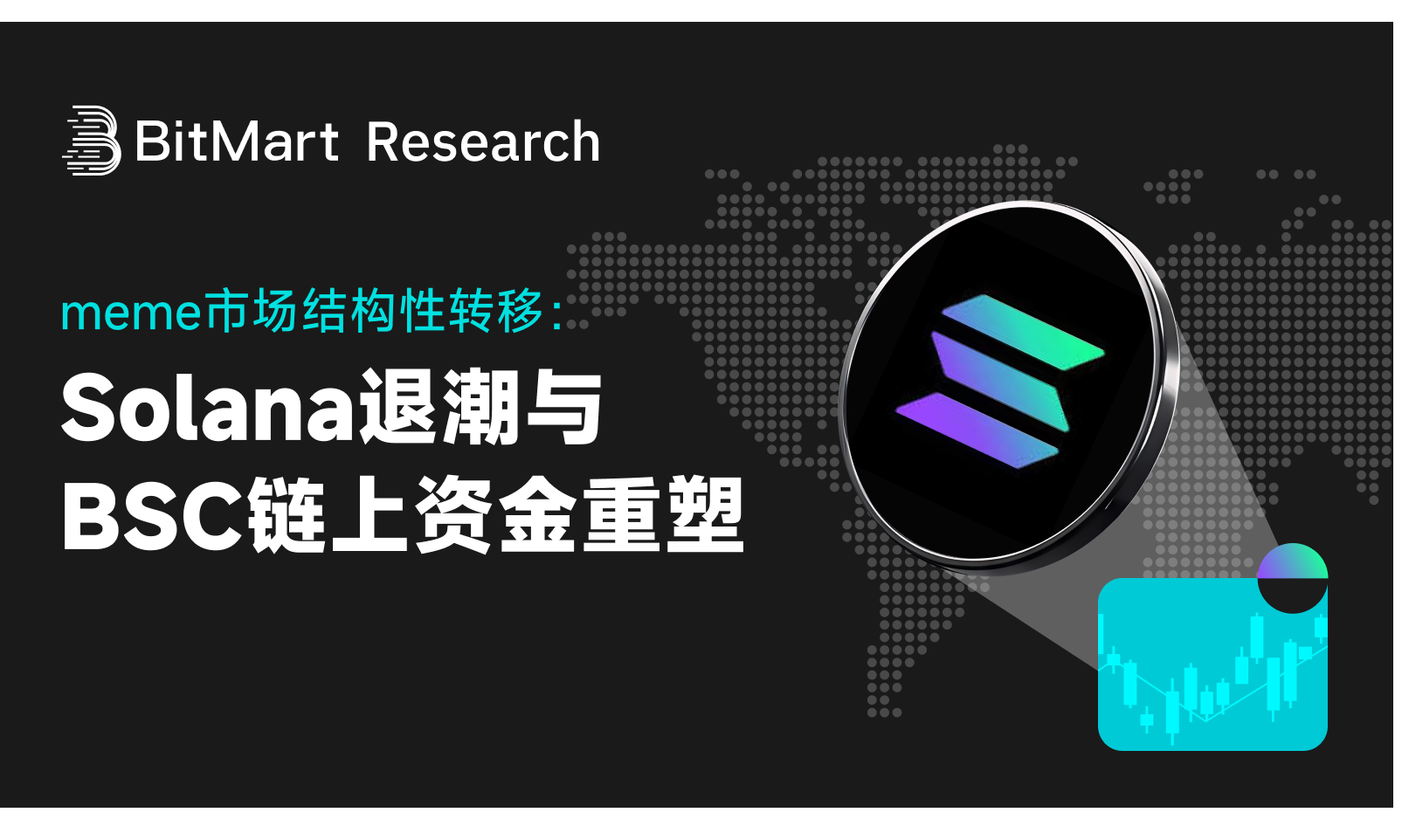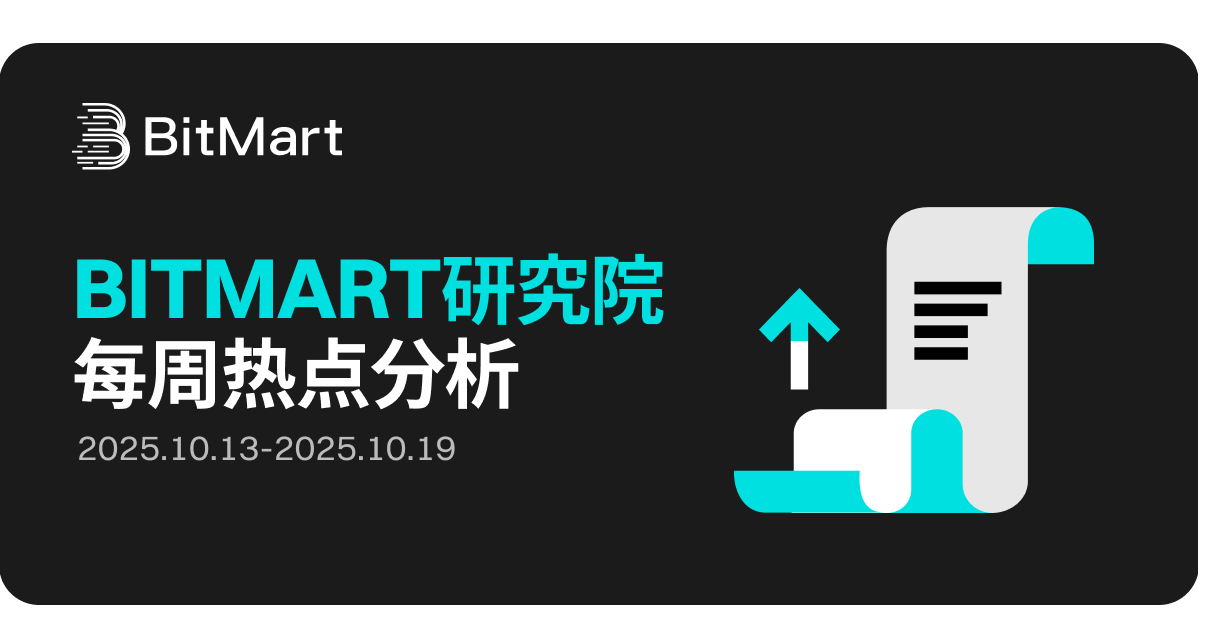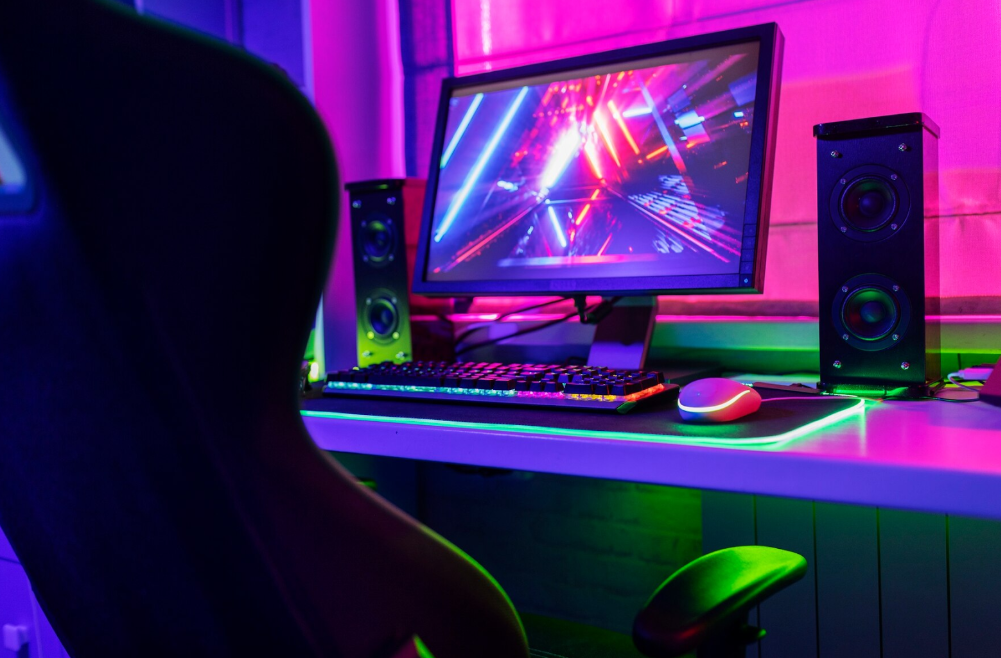
Image Source: Freepik
The video game industry is continuing to grow, with global revenue expected to reach $503.14 billion by 2025. This expansion is driven by the combined efforts of consumers and developers, as well as technological advancements such as artificial intelligence (AI) and blockchain-based solutions that are fundamentally transforming the industry's ecosystem.
AI agents are now an essential part of enhancing the gaming experience, capable of learning, adapting, and interacting in virtual environments. They address common issues such as static non-player characters (NPCs), limited in-game personalization, and the lack of real-time player assistance.
Meanwhile, decentralized physical infrastructure networks (DePINs) are introducing a novel way to build and maintain infrastructure for the gaming industry. By leveraging decentralized resources like idle computing power and bandwidth from remote computers, DePIN reduces operational costs for developers and provides new opportunities for player interaction, innovating the ways games are designed, deployed, and monetized.
AI Agents in Gaming
AI agents are changing the gaming world through learning, adaptation, and decision-making. Their capabilities include unique NPC interactions, real-time guidance, and randomly generated AI worlds. They enhance player engagement by tailoring experiences based on individual gaming styles and dynamically adjusting challenges to maintain immersion.
Realistic NPC Interactions
With AI, NPCs now behave more naturally and dynamically. They can respond to in-game events and player choices, enhancing immersion. For example, NPCs can remember previous interactions with players and build relationships with characters. This level of personalization allows players to become more deeply involved in the storyline. In 2024, NVIDIA showcased the capabilities of its Avatar Cloud Engine (ACE), demonstrating how generative AI can enable spontaneous dynamic interactions between NPCs and players.
Real-Time In-Game Guidance
AI agents are increasingly becoming real-time guides in games, providing adaptive assistance to players. For instance, Google's Gemini 2.0 agent is being tested in games like Clash of Clans and Cartoon Farm, capable of explaining game rules and offering real-time suggestions based on on-screen actions, thereby enhancing the overall gaming experience.
Automation in Game Design
In development, AI is bringing disruptive changes to tasks such as world design, level creation, and resource generation. By automating these time-consuming processes, studios can focus on innovation. For example, a survey by a16z Games shows that 73% of game studios are already using AI in their processes, with 88% planning to adopt AI in the future.
Gaming DePINs
Gaming DePINs are blockchain-based networks that distribute physical infrastructure supporting the gaming ecosystem. These networks utilize idle resources from contributors (such as GPUs and storage) to support compute-intensive tasks.
Due to inadequate software development kits (SDKs) and poor interoperability between games and platforms, operational costs often skyrocket. Modern games require rapid processing for a seamless gaming experience—this issue can be addressed through highly specialized layer 2 (L2) solutions.
Contributors (often players) can provide unused resources to the network and receive corresponding incentives. These resources are pooled to support gaming infrastructure, reducing reliance on traditional centralized servers.
The global gaming PC market has over 1.86 billion active players, representing a vast potential resource pool for Gaming DePINs. For developers, DePINs offer cost-effective infrastructure solutions, enabling scalability without significant capital expenditure. Users can earn passive income by sharing resources.
Platforms Utilizing AI and DePINs
The integration of AI agents and Gaming DePINs creates synergies that amplify their respective advantages.
Here are some notable platforms:
NVIDIA's AI technology, specifically its Deep Learning Super Sampling (DLSS) technology, utilizes AI-driven image upscaling and multi-frame generation. According to NVIDIA, their latest innovation "can generate up to three additional frames per traditional rendering frame, working in conjunction with the full DLSS technology suite to increase frame rates by up to 8 times compared to traditional brute-force rendering methods."
Its Omniverse Audio2Face tool generates realistic facial animations from audio input, streamlining the character animation production process. These tools reduce development time for game studios, allowing them to focus on content and gameplay innovation.
Unity AI's ML-Agents toolkit enables developers to train AI agents for adaptive decision-making, enhancing the gaming experience through dynamic difficulty balancing and smarter NPCs. For example, AI agents can learn from player behavior, adjusting enemy tactics to ensure gameplay remains engaging and challenging without frustrating users.
Tools like automated terrain generation and asset management significantly shorten production time by reducing repetitive tasks.
GAIMIN has a thriving community (over 500,000 users) and has established a decentralized platform that leverages the potential of gaming PCs to support AI and gaming applications. By utilizing idle PC resources such as GPUs, CPUs, storage, and bandwidth, GAIMIN's blockchain-driven infrastructure supports cloud storage, video rendering, and AI development. GAIMIN's DePIN allows players to contribute GPU power to AI, video rendering, and blockchain tasks in exchange for rewards. Players can passively earn $GMRX by turning underutilized PCs into revenue-generating assets. With nearly 60% of organizations facing rising cloud costs (40% of which have increased by over 25%), GAIMIN's approach offers developers a scalable alternative while incentivizing both players and developers.
Conclusion
AI agents and Gaming DePINs address key challenges, providing scalable and efficient solutions for game development. As the industry continues to evolve, gaming companies should actively explore these innovative technologies to enhance player engagement, reduce costs, and unlock new revenue streams. At the same time, the gaming community can leverage decentralized solutions to earn incentives while contributing resources.
免责声明:本文章仅代表作者个人观点,不代表本平台的立场和观点。本文章仅供信息分享,不构成对任何人的任何投资建议。用户与作者之间的任何争议,与本平台无关。如网页中刊载的文章或图片涉及侵权,请提供相关的权利证明和身份证明发送邮件到support@aicoin.com,本平台相关工作人员将会进行核查。

